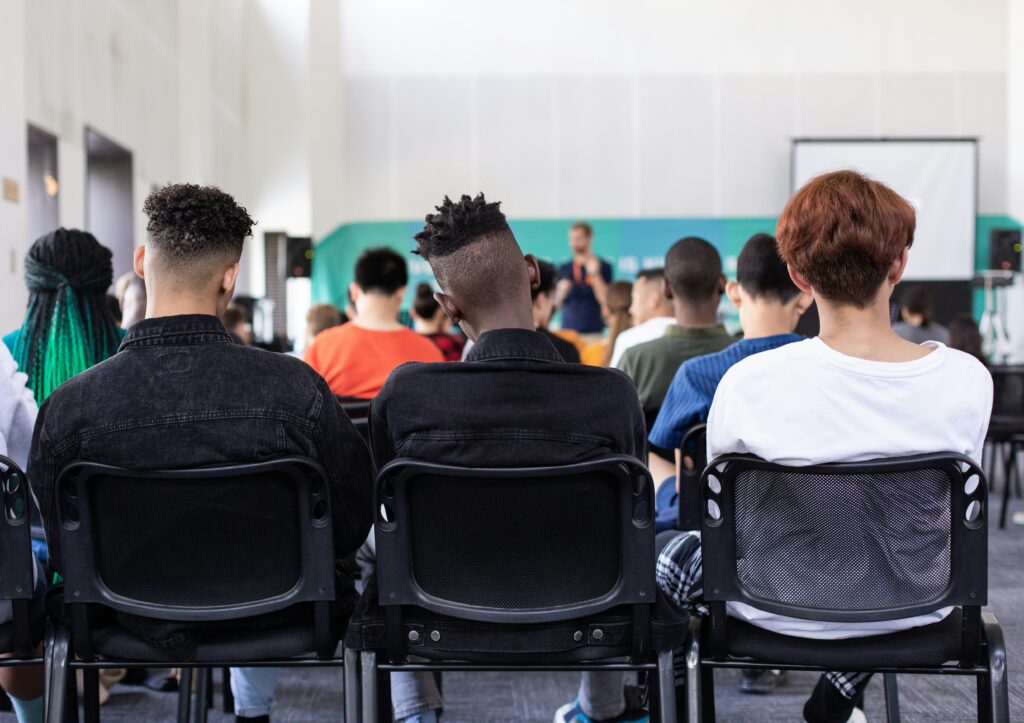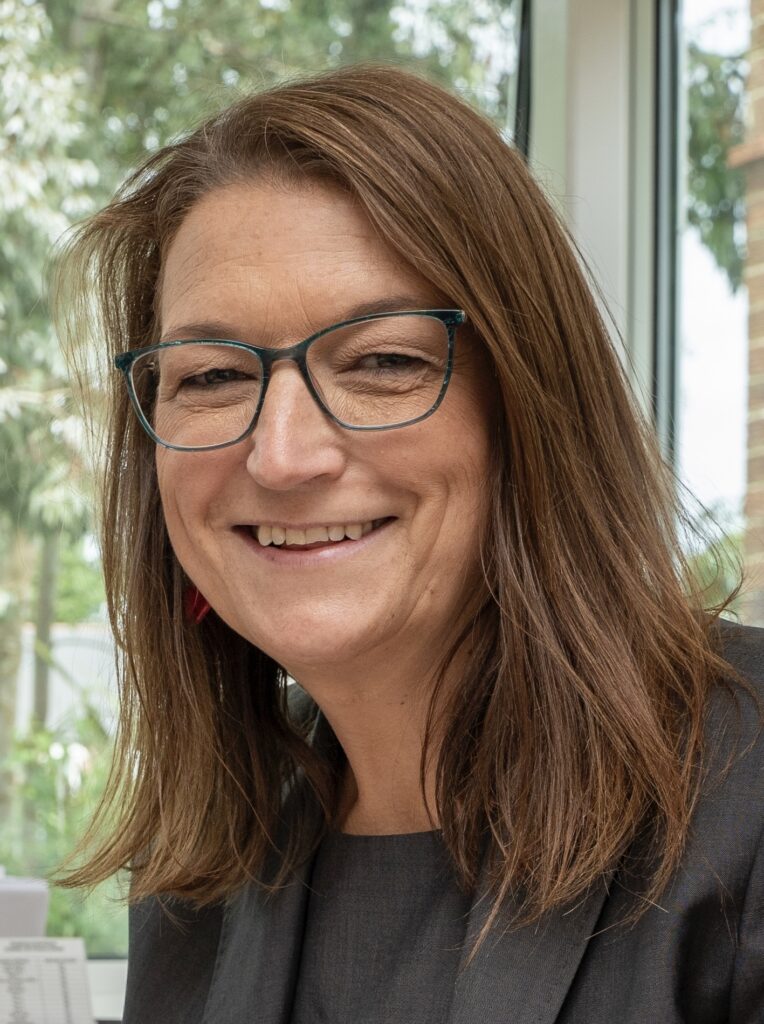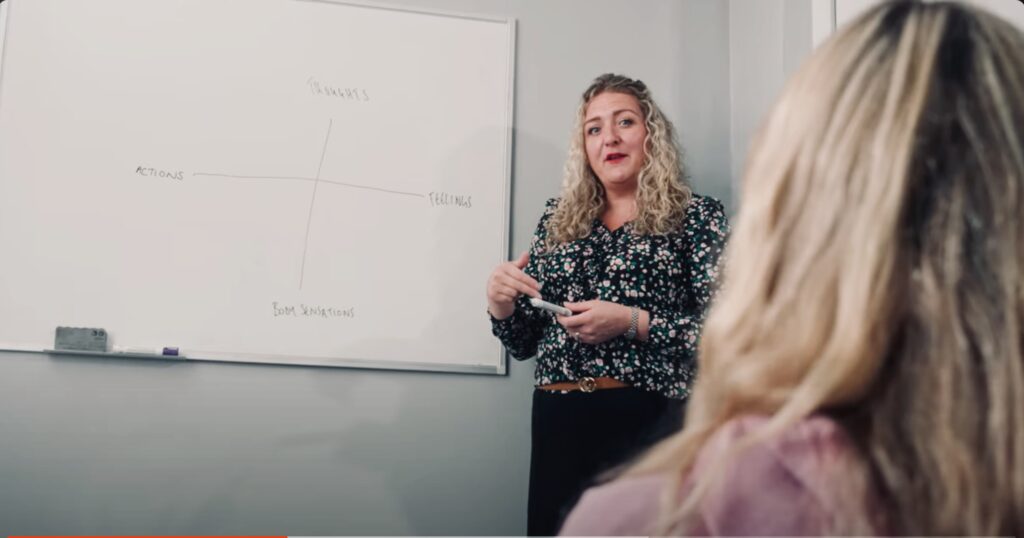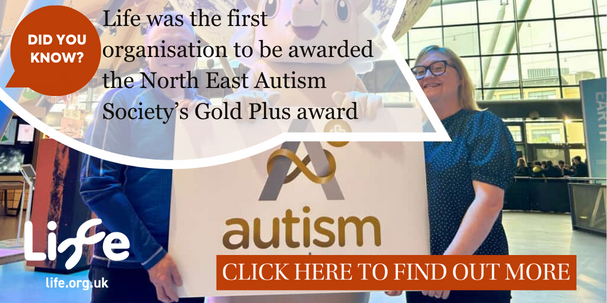
A North East behavioural psychotherapist has backed calls for a ‘whole school’ approach to help tackle mental health issues affecting the region’s children and young people.
The endorsement comes after a former headteacher who installed a specialist child counsellor to support her pupils at a Northumberland school warned the new Labour government not to ‘paper over the cracks’ as they look to tackle students’ mental wellbeing.
Earlier this year, Labour leader Sir Keir Starmer pledged to introduce specialist mental health support for children and young people in every UK school as part of their manifesto’s Child Health Action Plan.
And while the pledge’s concept has been largely welcomed in both education and counselling circles, those endorsements have come with words of caution.
Becci Meagher is a cognitive behavioural psychotherapist, occupational therapist and director at North Shields-based Blue Talking Therapies — a team dedicated to helping people with common mental health problems.
The publication of a 2017 green paper titled Transforming children and young people’s mental health provision coincided with the introduction of a specialist counsellor at St Bede’s Catholic Primary School in Bedlington, by then headteacher Therese Worrall.

As Therese told The QT last week, once that provision was in place, the floodgates opened.
“That paper was the start of this recognition that we were facing unprecedented numbers of children and young people with mental health difficulties and a lack of timely support,” says Becci.
“This has rumbled on for some time, even though schools like Therese’s were desperately trying to put things in place as far back as 2017.”
Having accepted that one of the biggest difficulties facing Labour’s proposal will be “cascading” information to all adults connected to the region’s schools, Becci admits a culture change is required in order to allow that knowledge to reach children.
- Read more: How Redcar could be rocking again
- Read more: Voyage from Durham to Greenland’s glaciers
“We’ve got a whole generation of adults trying to support these children that maybe don’t understand,” says the 44-year-old, who has been in the industry for over 25 years.
“I think there’s a real culture of ‘tick-box exercises’ when it comes to mental health, and there is a lack of confidence and general understanding about what it really means to support children.
“We know the government wants a counsellor in every school, and I do think schools want to do the right thing, but a lot of the time they’re in a pickle because they’ve got so many children with social and emotional mental health needs.
“We’re allowing people to keep falling into the river, and we’re not finding out why they are doing so.”

Her assertions are backed up by NHS England numbers that spell out the severity of the situation.
The past three years has seen a 50 per cent increase of children and young people in need of mental health support; One in six 5 to 16-year-olds and one in four 17 to 19-year-olds.
“Since Covid, more and more children have been coming to us, younger and younger, with more severe needs,” explains Becci. “The numbers tell us it’s around five in every classroom.”
“We all knew this was happening, and we all knew that services were desperately trying their best to meet needs from a statutory perspective, but there were just too many children and young people.”
In response, the team at Blue Talking — all of whom have worked in respective practices across the North East — got their heads together within their supervisory groups. A wealth of transferable skills meant a new approach.
“We thought could we go in and try and educate the people that work with children directly, and asked ourselves: could we try and change culture?” says Becci.
“It was a grand plan, but we began to go into schools offering basic mental health awareness; but more than that, we really tried and allow them to understand how to spot signs early, how to manage a child in distress, and how to put a stop in place so that children don’t go on to experience mental illness.”

Enter the ‘whole school’ approach.
“It’s everybody within that school community,” she adds. “Domestic staff, lunchtime supervisors — everyone. We don’t think there should be a hierarchy when it comes to every adult as an ally for children.
“We’ve asked school leads to invite everybody, including the caretaker, because often those are the people that children will talk to, and who will notice the children that aren’t okay. We don’t want it to get to a point where children are in crisis.
- Read more: Fund helping businesses to accelerate growth
- Read more: Honoured for connecting communities
“We’ve also created a 12 module e-learning platform for educators so that everyone can sing from the same hymn sheet, and we use an evidence based theory. We’re not just teaching a little bit of mindfulness.”
Becci admits she finds it ‘astounding’ that educators are having to ‘learn on the job’ and are not being supervised for the cases they are trying to manage.
Via supervision forums across North East schools, this is another area she is hoping to impact.

“We’re just about to launch a parent-carer version of this e-learning because we realised was it would make no sense to only educate the educators,” says Becci.
“It’s a very non-blaming, non-shaming approach. I think one of the barriers to parents’ involvement is that when your child faces mental health difficulties and you don’t know where to turn, you instantly feel like you’ve done something wrong.”
Set up in 2012, Blue Talking Therapies was built out of people desperately asking for a choice in intervention and treatment. As the years have passed, demands on qualified staff have increased exponentially — something Becci says the government will have to factor into their pre-election promise.
“You train all of these therapists to a suitable level, but they often get sucked back into services who are at crisis point themselves,” she says.
“For example, Child and Adolescent Mental Health Services (CAMHS) would send workers, they would get trained, but then they’d get sucked back into crisis management.
“We ended up firefighting the system, and that’s no fault of my therapist colleagues in CAMHS, who are doing an incredible job at trying to fight the fires.
“We can’t expect teachers to be psychologists, but we can equip them with the skills needed to spot signs early.”












